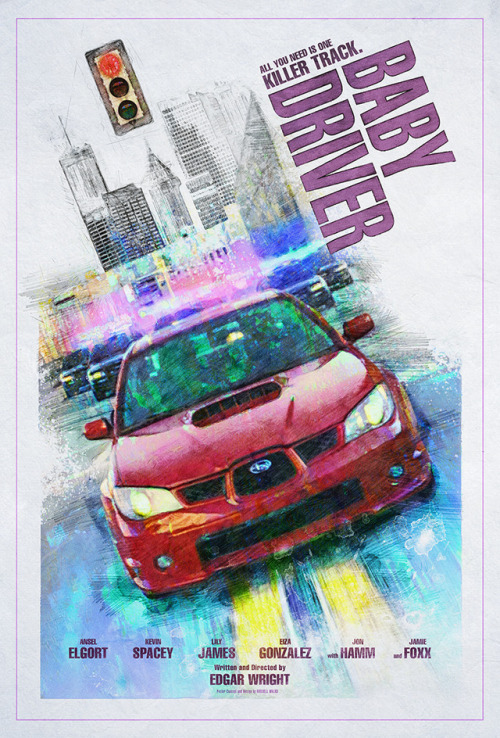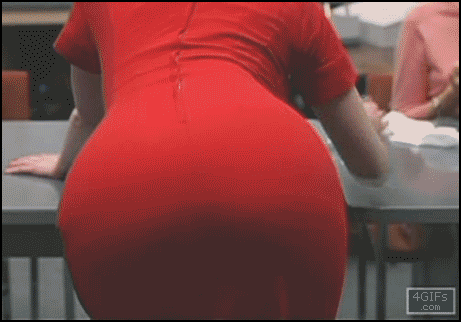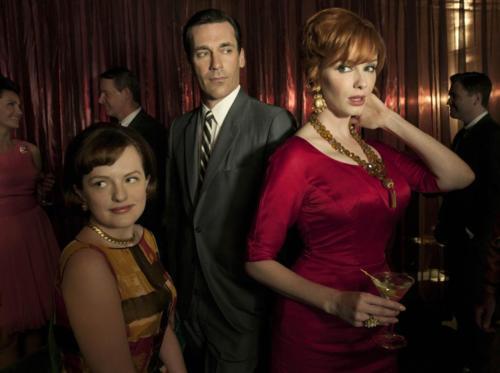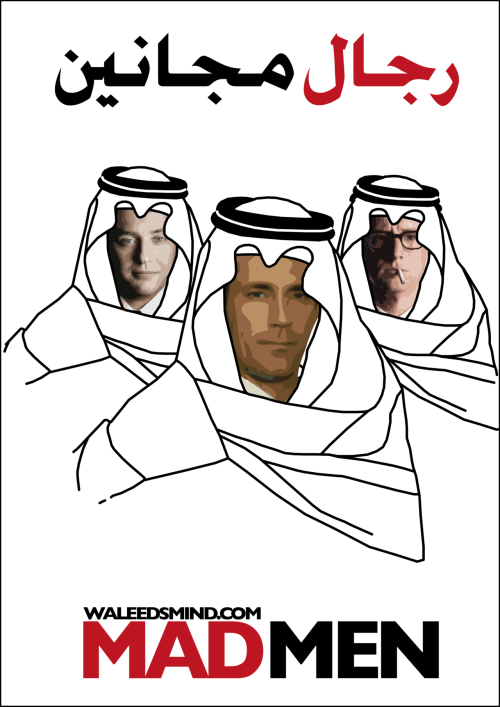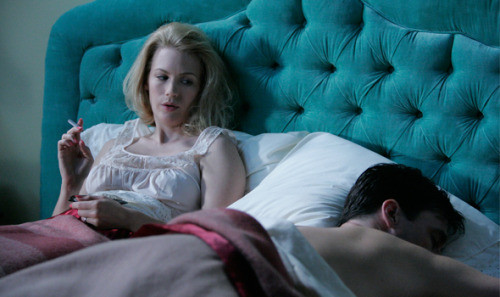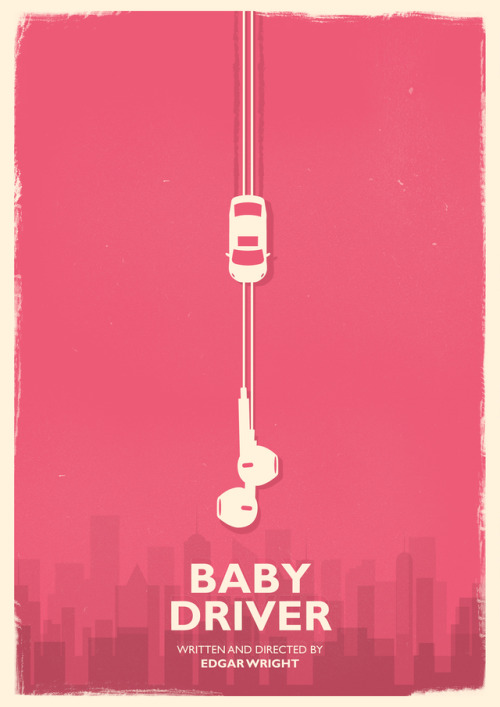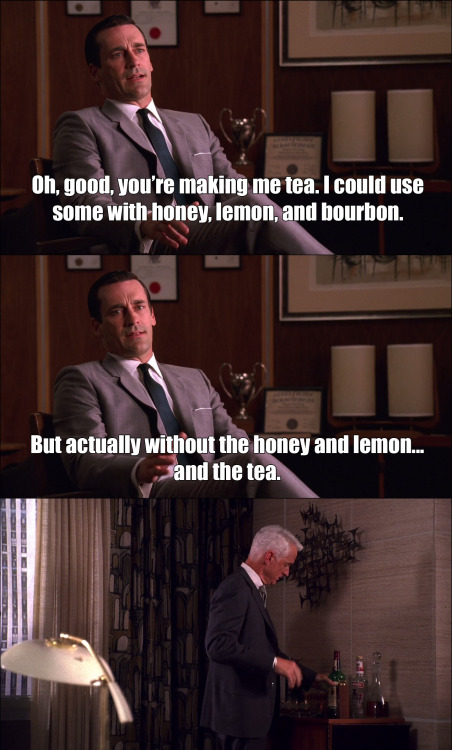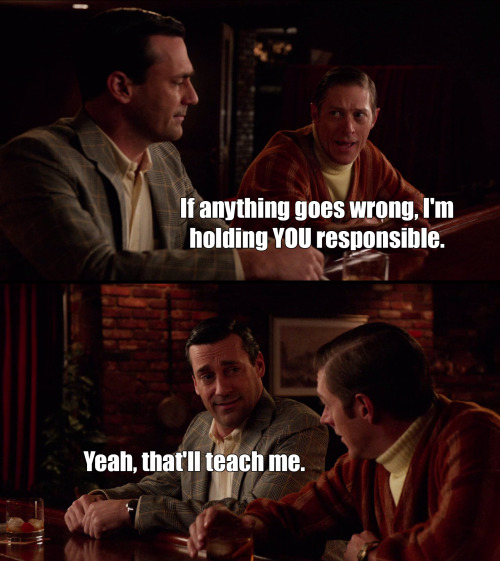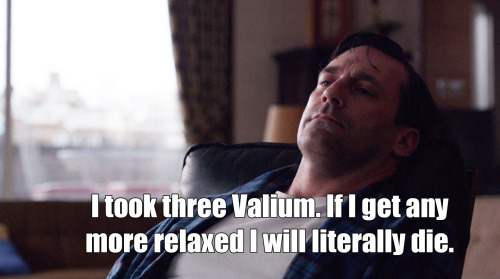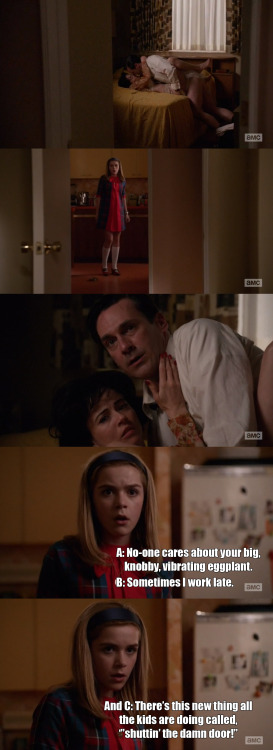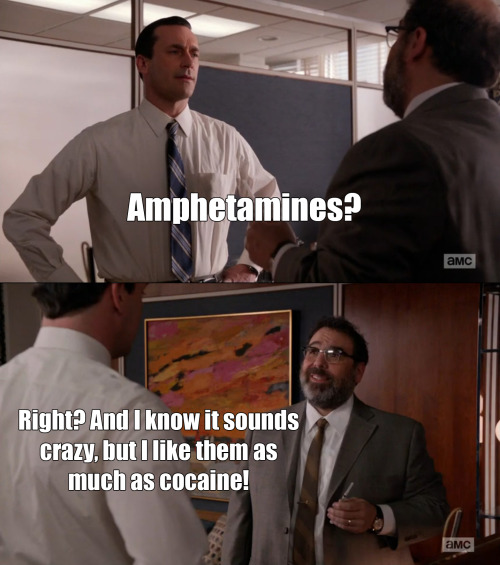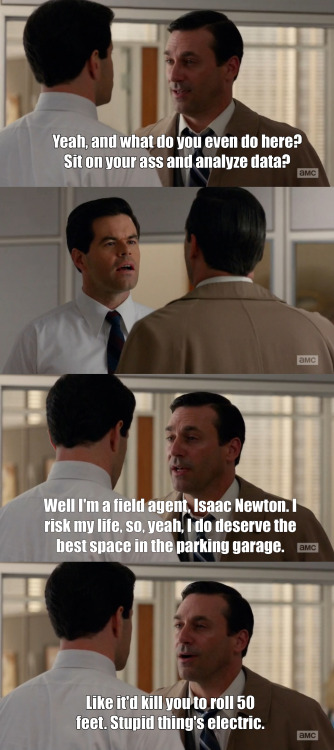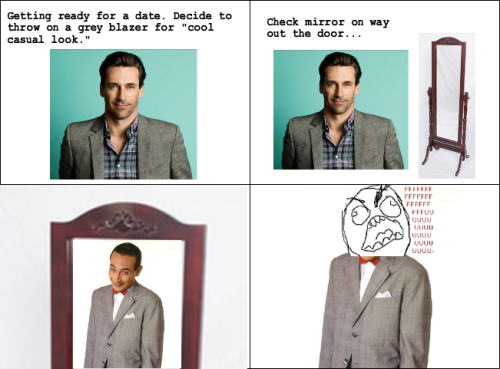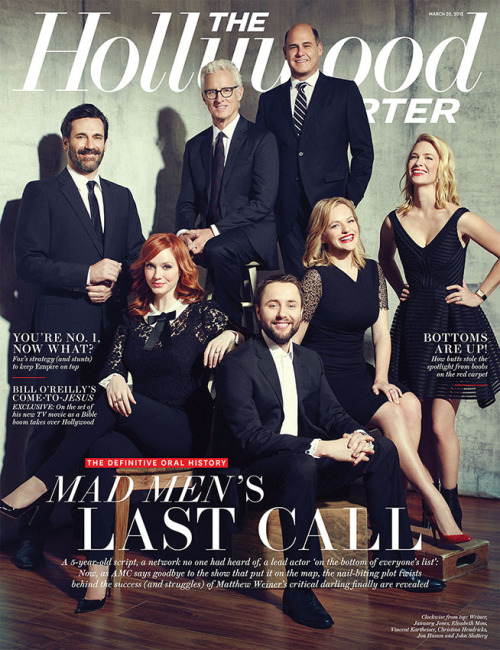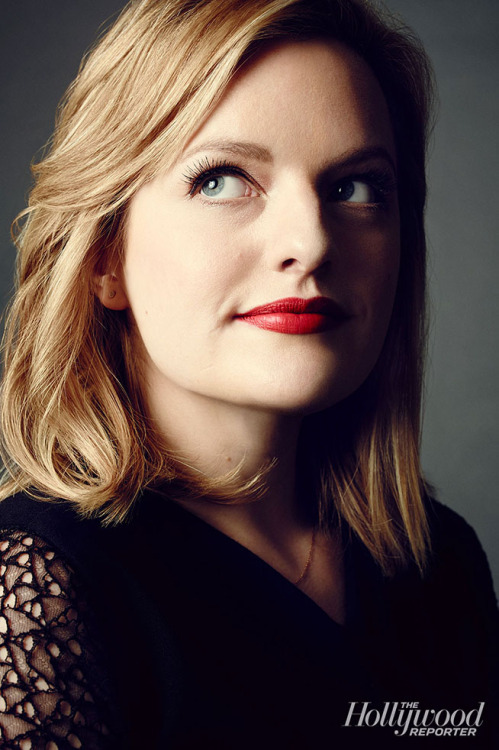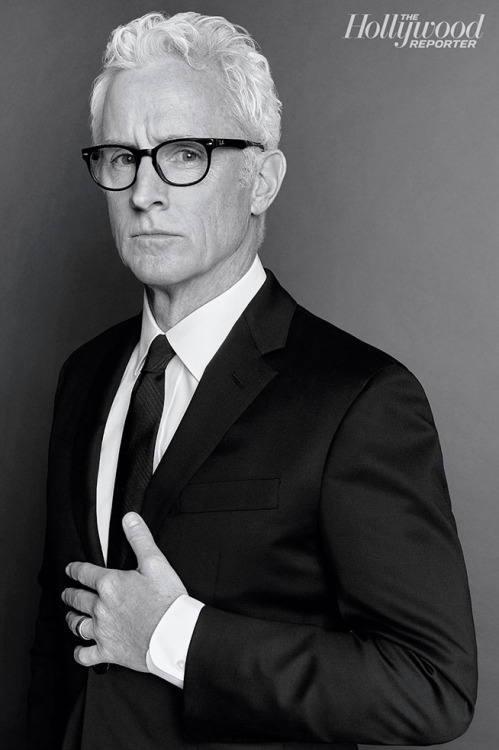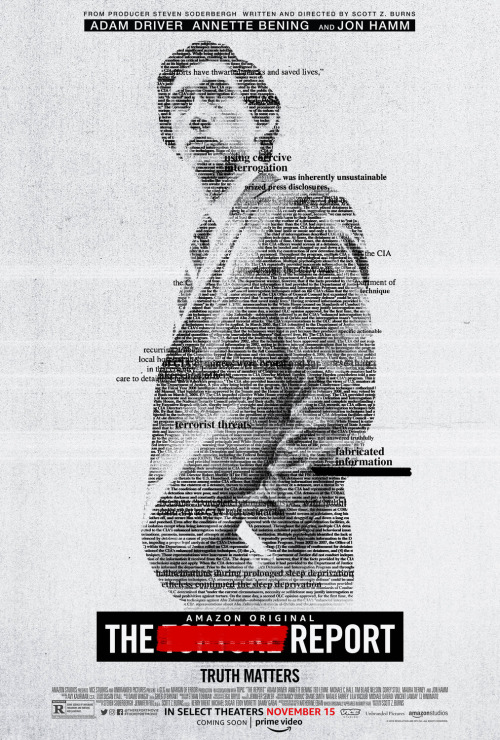#jon hamm
Lucy in the Sky (2019)
In Lucy in the Sky, Natalie Portman plays Lucy Cola, a strong woman whose determination and drive as an astronaut take her to space, where she’s deeply moved by the transcendent experience of seeing her life from afar. Back home as Lucy’s world suddenly feels too small, her connection with reality slowly unravels.
Directed by: Noah Hawley
Starring: Natalie Portman, Jon Hamm, Dan Stevens, Zazie Beetz, Pearl Amanda Dickson, Ellen Burstyn, Colman Domingo, Nick Offerman
Release date: October 4, 2019
The Report - Teaser Trailer (2019)
Idealistic staffer Daniel J. Jones (Adam Driver) is tasked by his boss Senator Dianne Feinstein (Annette Bening) to lead an investigation of the CIA’s Detention and Interrogation Program, which was created in the aftermath of 9/11. Jones’ relentless pursuit of the truth leads to explosive findings that uncover the lengths to which the nation’s top intelligence agency went to destroy evidence, subvert the law, and hide a brutal secret from the American public.
Directed by: Scott Z. Burns
Starring: Adam Driver, Annette Bening, Jon Hamm, Sarah Goldberg, Michael C. Hall, Douglas Hodge, Fajer Kaisi, Ted Levine, Jennifer Morrison, Tim Blake Nelson, Linda Powell, Matthew Rhys, T. Ryder Smith, Corey Stoll, Maura Tierney
Release date: November 15, 2019
Opened IMDB today, saw this on the front page, made me think of @jesusismyhostage. To quote the editors - “has Jon Hamm ever looked more take home-able?”
Post link
Crowley: Maybe someday, someone will call me “Sir”….
Aziraphale:what-
Crowley: ….. without adding, “you’re making a scene”
Crowley: so what are we gonna do?
Aziraphale: I don’t know, maybe pizza?
Crowley:
Crowley: ….about Satan, Angel

We love a good monochromatic tracksuit
One of the most revelatory lines on the show is said by a character that was relatively short lived. In the second episode of season 4, Dr Faye Miller tells Don that they both are in the same business, the business of helping people sort out their deepest conflict. When Don asks what that is, she answers “In a nutshell, it all comes down to what I want versus what is expected of me”. As Matthew Weiner, the creator and showrunner, pointed out, advertising does not make you want to do anything, it reminds you to do what you already want to do, that maybe got lost as you did what was expected of you. We see these people, whose job is to remind the public of what they want, as they struggle with the acknowledgment of their own wants and desires, and if and how it is possible to attain them.
In Don’s case, the irony of his tragedy is that the cage of what is expected of him is one that he created for himself: that of being Don Draper. The suave, charming creative genius with the beautiful wife and the adorable children, and all that comes with it, is something that we see him struggle with constantly. He chose to go down that road, to erase Dick Whitman, and yet at the same time we repeatedly see that he didn’t really leave him behind. Time and time again in the later seasons we hear him voice the idea that nobody really knows him, and thus nobody really loves him. One of the deepest connections he has is with Anna Draper; the comfort he can take in her saying that she knows everything about him, and still loves him, is a comfort nobody else can give him, especially not his wife. He saw that, as soon as Betty learned who he really was, she didn’t want to have anything else to do with him, as he says to Anna. She maybe once loved Don, but she would never love Dick. So, when Anna dies, Don tells Peggy that the only one who ever really knew him died. The deep want of being truly known, and thus truly loved is something that he can never really acknowledge, as it would make the paper castle he built crumble to the ground; so he buries it under the desire for women, alcohol, cigarettes, excesses that are obviously never enough. Tormented by this conflict, he continues to self-destruct up until the point when he hears a stranger voice the same preoccupation of being truly invisible. He embraces him, apparently feeling a communion he never knew before. Maybe he finally find the freedom to want what he wants and let go of what is expected of Don Draper, the brilliant creative director.
Pete Campbell, the privileged Wasp, has already defied the expectations of what is expected of him by going into advertising and not into banking. The idea of what is expected of him, or at least what he thinks is expected of him, contribute to his constant unhappiness and impatience, always feeling he’s not being given what he is due. For the first two season, we might say that he feels Trudy is what is expected of him, and Peggy is what he wants. The scene where he describes how he would go hunting, and then let his woman cook what he killed, is the expression of all the desires he feels he is denied, exactly because of what is expected of him. When Beth Dawes asks him what is wrong with him (even though the woman who asks him has just had electro-shock therapy and she thinks he is talking about a friend), he says that after their affair he realized everything he already had was not right. He did what was expected of him and didn’t get anything that he wanted, and now he doesn’t even know what he would want, if he could. His constant struggle with his dissatisfaction can only be resolved when he realizes that there doesn’t have to be a struggle at all. He married Trudy because it was expected of him, but in the end, he realizes that what is expected of him and what he wants don’t necessarily have to be separated. Trudy loved him when he wasn’t all that loveable, and she stood by his side, even when they weren’t married anymore. He always felt that his coworker both wanted and expected him to fail, but in the end he finally gets the recognition he wanted, with the offer of an new job. He stops obsessing over what is expected of him and what is owed to him, and realizes that he can have what he wants, that he is “entitled to more”, as he says to Trudy when he wins her back.
Peggy Olson always went against the idea of what was expected of her. In the first season she is expected to be attractive for the man in the office, and she gets fat (even though there’s also another reason for that). Constantly defying expectations, her journey to establishing herself in the workplace takes her through all the season, and its conclusion with Stan’s declaration and his kiss is not a symbol of returning to what is expected of her, but of getting all that she wanted in the order she wanted it in. Having gone through some pretty traumatic experiences, such as giving away her child, she still is one of the characters with one of the most positive arcs and best endings. She was probably the boldest of them all in declaring what she wanted instead of what was expected of her, and she was rewarded for it in the end. Her relationship with Don was one of the purest things on that show, and it’s not a case that in the end she has a satisfying ending with all of the main characters, be it skating through an empty office as Roger Sterling plays the piano, receiving a cactus and a well-deserved acknowledgment from Pete Campbell, a job proposition from Joan, or one of the three final phone calls from Don. Peggy saw what was expected of her, was not satisfied with it, and went after what she wanted instead.
Roger Sterling, the rich man who never had to work for anything, didn’t have any expectations to live up to. Nobody expected anything of him, and that can be as damaging as too many expectations. Nobody takes him seriously, not his coworkers, not his wives, not even his daughter, constantly disappointed by him. And he doesn’t either, sailing through life feeling that the less is expected of him, the less he has to offer (except for drinks and witty remarks), and the less he knows what he wants. He seemed to be imprisoned by the lack of expectations just as much as other characters are imprisoned by the abundance of them. In the end, it seems that it took more than 60 years, and meeting the age-appropriate Marie Calvet, to find someone that expected something from him that was not his money nor his wit, and to realise that he could, and he did, want to live up to the expectations.
Joan Holloway knows what is expected of her, and she knows how to use it to her advantage. She needs to be attractive for the men in the office, and she needs to find a man, get married and stop working. As the series goes on, she starts to consciously realise that the expectations do not correspond to her wants. The idea of the perfect marriage is shattered by Greg, and she starts to concentrate on the career she might have, probably (even though she wouldn’t say it out loud) inspired by Peggy’s trajectory, and how this secretary from nowhere refused to listen to Joan’s wisdom and made her own way in a men’s world. So she starts to make her own way too, fighting against the obstacles of what is expected of a woman like her. By the end, she is so far from who she was at the beginning, that she doesn’t hesitate long before choosing her new career over Richard, in a final acknowledgment of the distance between the position she is expected to be in and the position she wants, because, as she tells Richard “she can’t just turn off that part of herself” anymore.
Betty Draper is the rarity among these characters; the one who did all that was expected of her, and the one that arguably got the worst ending. Her mother taught her that what was expected of her was being beautiful, and she was. Yet, with all her beauty, her perfect life with the perfect husband and the sweet children, she is profoundly unhappy. In season 5, when she fails to meet the only expectation anybody has ever had of her, she can’t bear to have even her husband look at her. She spends a life trying to be beautiful and proper, and she is still trying at the end, as her letter to her only daughter details the instructions for the perfect funeral, the funeral someone of her standing is supposed to have. She lived with the profound unhappiness of knowing she was never meant to be more than an ornament on a man’s arm, but always refused to acknowledge it, because she knew no other way of being than being what other expected.
In one interview, Matthew Weiner describes advertising people as “The mirror makers”, referring to the title of a book on advertising. All of these characters, busy as they were making mirrors for the public, didn’t realise they were building mirrors for themselves, and so many of them that they couldn’t find the one that reflected their real image anymore, and what that real image wanted.
“Two people can sleep in the same bed and still be alone when they close their eyes.”
– Haruki Murakami
Post link

fav couple





